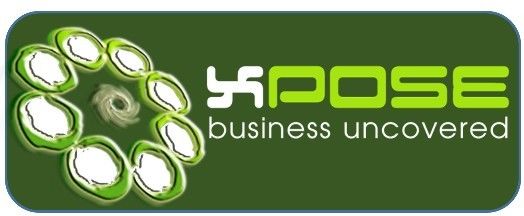The Role of Ethics in Business and Professional Life

In the world of business and professional life, ethical conduct plays a pivotal role in shaping the success and sustainability of individuals, organizations, and society at large. Ethics serve as the moral compass that guides decision-making processes, influences behavior, and establishes trust and credibility. Whether in corporate boardrooms, small enterprises, or individual professional practices, maintaining high ethical standards is crucial for long-term prosperity and societal well-being. This article delves into the significance of ethics in business and professional life and highlights the benefits of ethical conduct.
Building Trust and Credibility
Ethics form the foundation of trust and credibility in any business or professional relationship. By adhering to ethical principles, individuals and organizations demonstrate their commitment to honesty, integrity, and transparency. When stakeholders perceive a business or professional as ethical, they are more likely to trust its actions, products, and services. Trust is an invaluable asset that fosters customer loyalty, strengthens partnerships, and enhances reputation. Ethical behavior establishes a positive reputation that can open doors to new opportunities, attract top talent, and facilitate long-term success.
Promoting Fairness and Justice
Ethics in business and professional life promote fairness and justice, ensuring that all stakeholders are treated equitably. Ethical decision-making takes into account the interests of employees, customers, suppliers, investors, and the wider community. By considering the consequences of actions and upholding fairness, individuals and organizations contribute to a more just and equitable society. Ethical practices such as fair compensation, equal employment opportunities, and responsible sourcing create an environment of trust and inclusivity, fostering harmonious relationships and promoting sustainable growth.
Enhancing Employee Engagement and Morale
Ethical conduct significantly impacts employee engagement and morale within an organization. When employees perceive their organization as ethically driven, they are more likely to feel valued, motivated, and aligned with its values. Ethical companies and professionals prioritize employee well-being, provide a safe and inclusive work environment, and encourage personal and professional growth. This fosters a positive organizational culture, leading to higher levels of job satisfaction, loyalty, and productivity. Employees who are proud of their organization’s ethical practices become advocates for its success, further strengthening its reputation and attracting top talent.
Mitigating Legal and Reputational Risks
In today’s interconnected world, unethical behavior can have severe consequences for businesses and professionals. Violations of ethical norms can lead to legal ramifications, damaging lawsuits, and heavy financial penalties. Moreover, the digital age amplifies the speed at which news spreads, making reputational damage swift and lasting. Maintaining high ethical standards helps mitigate these risks. By acting ethically, organizations and professionals safeguard themselves from legal entanglements, while also ensuring their reputation remains untarnished. Ethical behavior acts as a shield against potential scandals, negative publicity, and loss of public trust.
Contributing to Sustainable Development
Ethics in business and professional life play a crucial role in contributing to sustainable development. Responsible and ethical practices promote environmental stewardship, social responsibility, and long-term economic viability. By embracing sustainability, organizations and professionals make choices that minimize their impact on the environment, promote community well-being, and create shared value. Ethical conduct aligns with the United Nations Sustainable Development Goals (SDGs), helping address pressing global challenges such as poverty, inequality, climate change, and resource depletion.
Ethics form the bedrock of business and professional life, influencing decision-making, shaping behavior, and driving success. By upholding ethical standards, individuals and organizations build trust, enhance credibility, promote fairness, and mitigate risks. Ethical conduct fosters employee engagement, contributes to sustainable development, and creates a positive impact on society. In a world where ethical lapses can have far-reaching consequences, prioritizing ethics in business and professional life is not just a moral imperative but also a strategic advantage for long-term prosperity and a better future for all.


